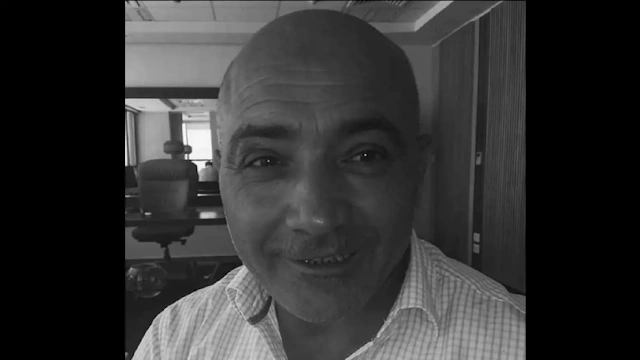On Monday, November 18, the first investigating judge at the Tunis Court of First Instance issued a warrant for the imprisonment of businessman Ali Ghadamsi, in a new case added to the “Instalingo” file. Ghadamsi, who works in the textile and trade sector, is also subject to six travel ban decisions issued by the investigating judge at the Sousse 1 Court, which were upheld by the indictment chamber at the Sousse Court of Appeal.
Ghadamsi, known for his activity in the textile and trade sector, had attracted attention in May 2020 by donating five cars to a service affiliated with a sovereign ministry. However, cases are piling up against him and he is being prosecuted, along with the former director general of special services, Lazhar Longo, in cases of a financial nature. Although the charges are raised within the framework of the anti-corruption discourse, the multiplicity of cases and measures taken against businessmen raises doubts about the independence of the judiciary and the guarantees of a fair trial. The Freedom for Tunisia Observatory believes that such prosecutions, despite being announced within the framework of combating corruption, require greater transparency and respect for legal guarantees. The Observatory calls for the necessity of investigating these cases within procedures that guarantee a fair trial, while avoiding the use of the judiciary to target businessmen or settle political scores.





